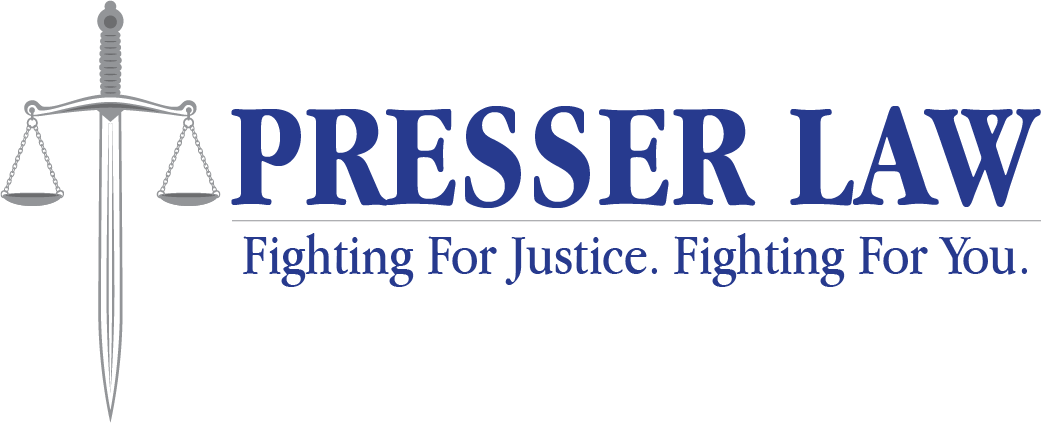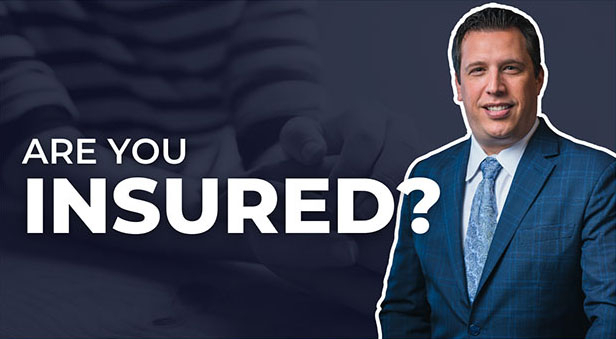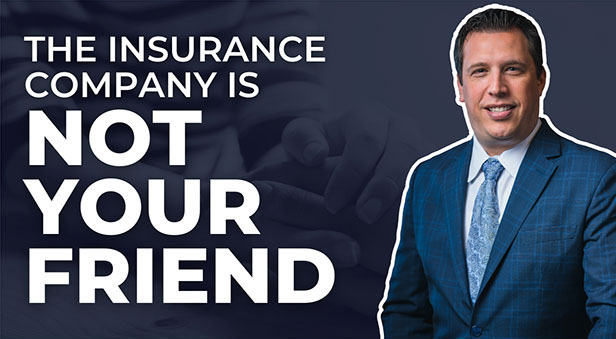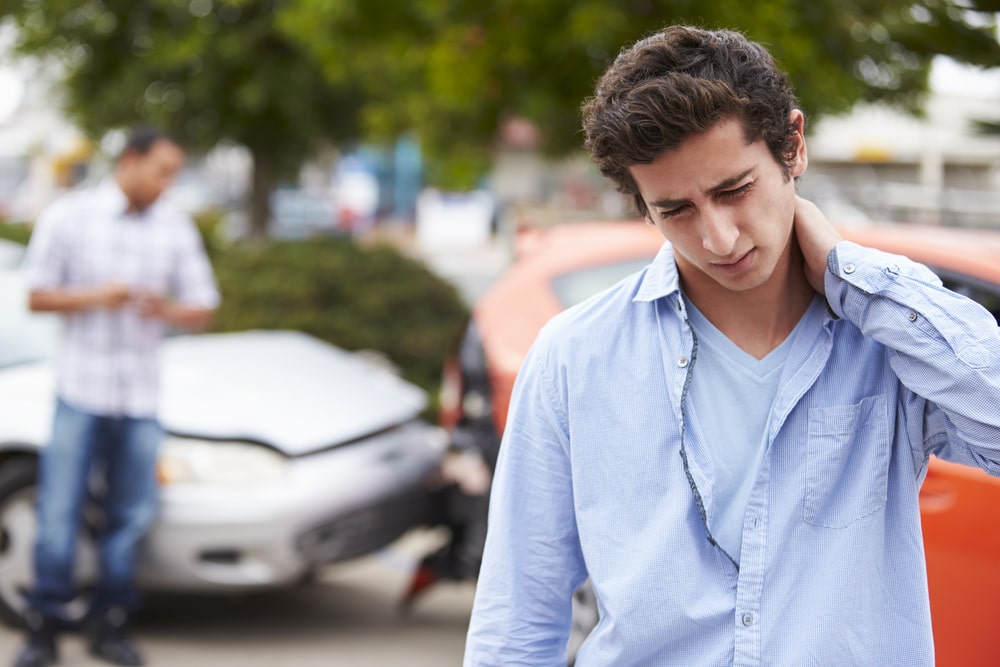
When Tailgating Leads To Trouble: Rear-End Car Accidents
Picture this scenario: you’re driving along, minding your own business, when suddenly, you feel a jolt from behind. Rear-end car accidents are among the most common types of accidents on the road, and they can happen to anyone.
Understanding Rear-End Accidents
A rear-end accident occurs when one vehicle collides with the rear of another. These accidents can happen for a variety of reasons, but one of the most prevalent causes is tailgating. Tailgating occurs when a driver follows too closely behind the vehicle in front of them, leaving minimal reaction time if the front vehicle stops suddenly.
Common Causes Of Rear-End Accidents
- Tailgating: We mentioned this earlier, but it’s worth repeating. Following too closely is a recipe for rear-end accidents.
- Distracted Driving: Activities like texting, eating, or adjusting the radio can divert a driver’s attention from the road, making it more likely they’ll rear-end the vehicle in front of them.
- Speeding: Excessive speed reduces a driver’s ability to stop quickly, increasing the risk of a rear-end collision.
- Poor Weather Conditions: Rain, snow, or ice can create slippery road conditions, making it challenging to stop in time.
- Brake Failure: Mechanical failures can lead to a sudden loss of braking power, causing a rear-end accident.
Injuries Resulting From Rear-End Accidents
A Longwood, FL car accident lawyer knows that rear-end accidents may seem minor, but they can result in various injuries, including:
- Whiplash: Whiplash is a common injury in rear-end collisions. It occurs when the head and neck are forcefully jerked forward and backward, causing neck pain and stiffness.
- Head Injuries: The sudden impact in a rear-end collision can lead to head injuries, ranging from minor concussions to more severe traumatic brain injuries (TBIs).
- Back Injuries: The force of the collision can cause back injuries, such as herniated discs or spinal cord damage.
- Broken Bones: Fractures and broken bones are possible, especially if the impact is severe.
- Soft Tissue Injuries: Muscles, tendons, and ligaments can be strained or torn during a rear-end accident.
What To Do If You’re In A Rear-End Accident
- Check for Injuries: First and foremost, check yourself and others for injuries. If anyone is hurt, seek medical attention immediately.
- Contact the Authorities: Call the police to report the accident. A police report can be crucial for insurance claims and legal proceedings.
- Exchange Information: Exchange contact and insurance information with the other driver involved in the accident.
- Document the Scene: Take pictures of the accident scene, including vehicle damage, road conditions, and any relevant road signs or signals.
- Seek Medical Attention: Even if you feel fine, it’s essential to seek medical evaluation after a rear-end accident. Some injuries may not manifest immediately.
- Notify Your Insurance Company: Report the accident to your insurance company promptly.
Legal Help For Rear-End Accidents
If you’ve been involved in a rear-end car accident due to someone else’s negligence, you may be entitled to compensation for your injuries, medical expenses, and other losses. At Presser Law, P.A., we have the experience and expertise to help you navigate the legal process and ensure you receive the compensation you deserve, so schedule your appointment now.
